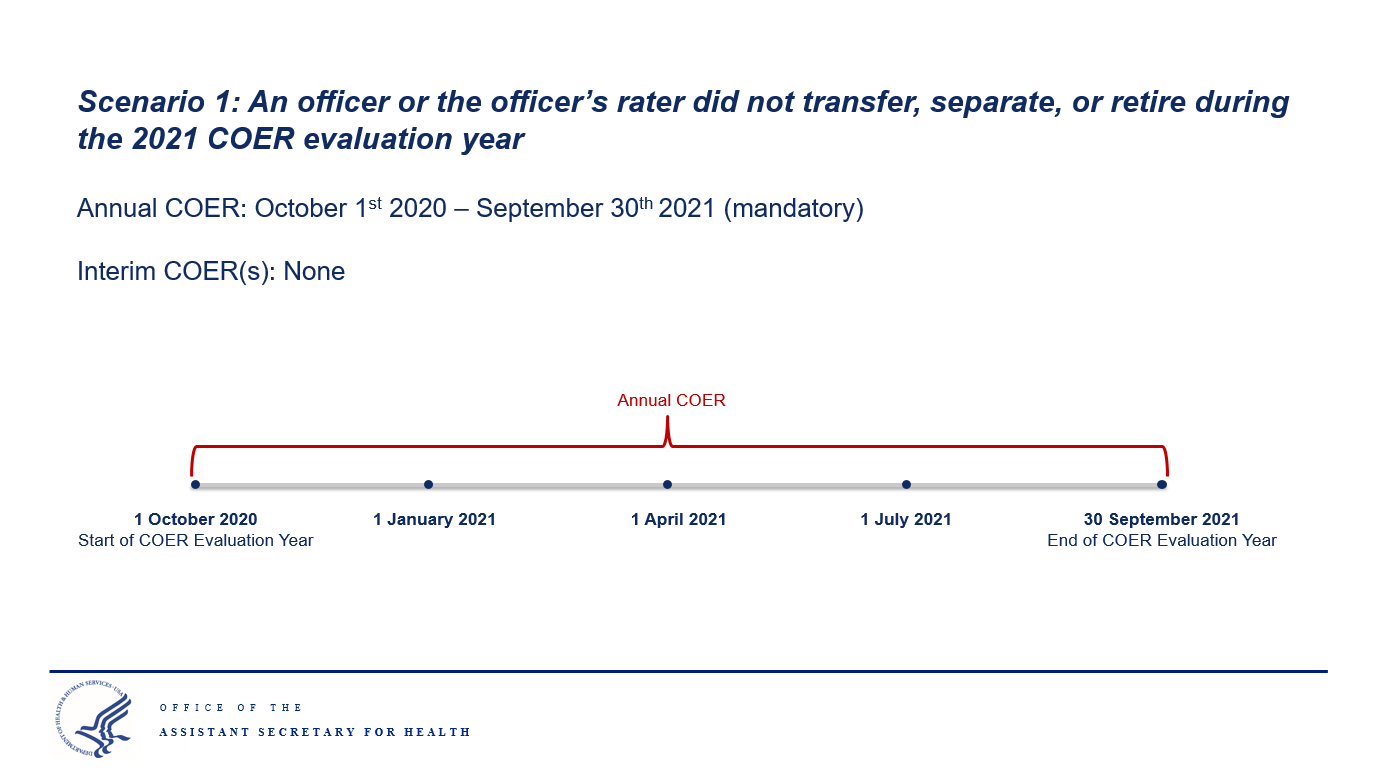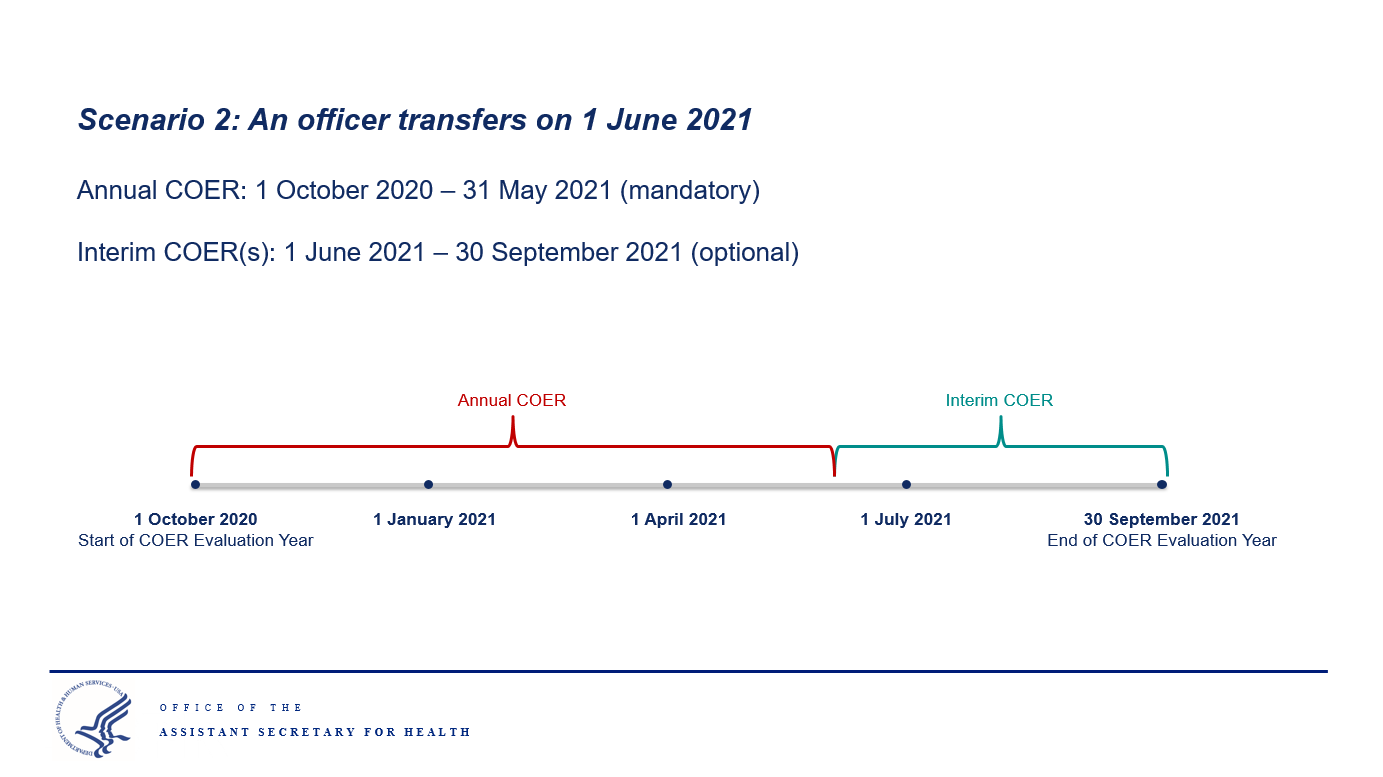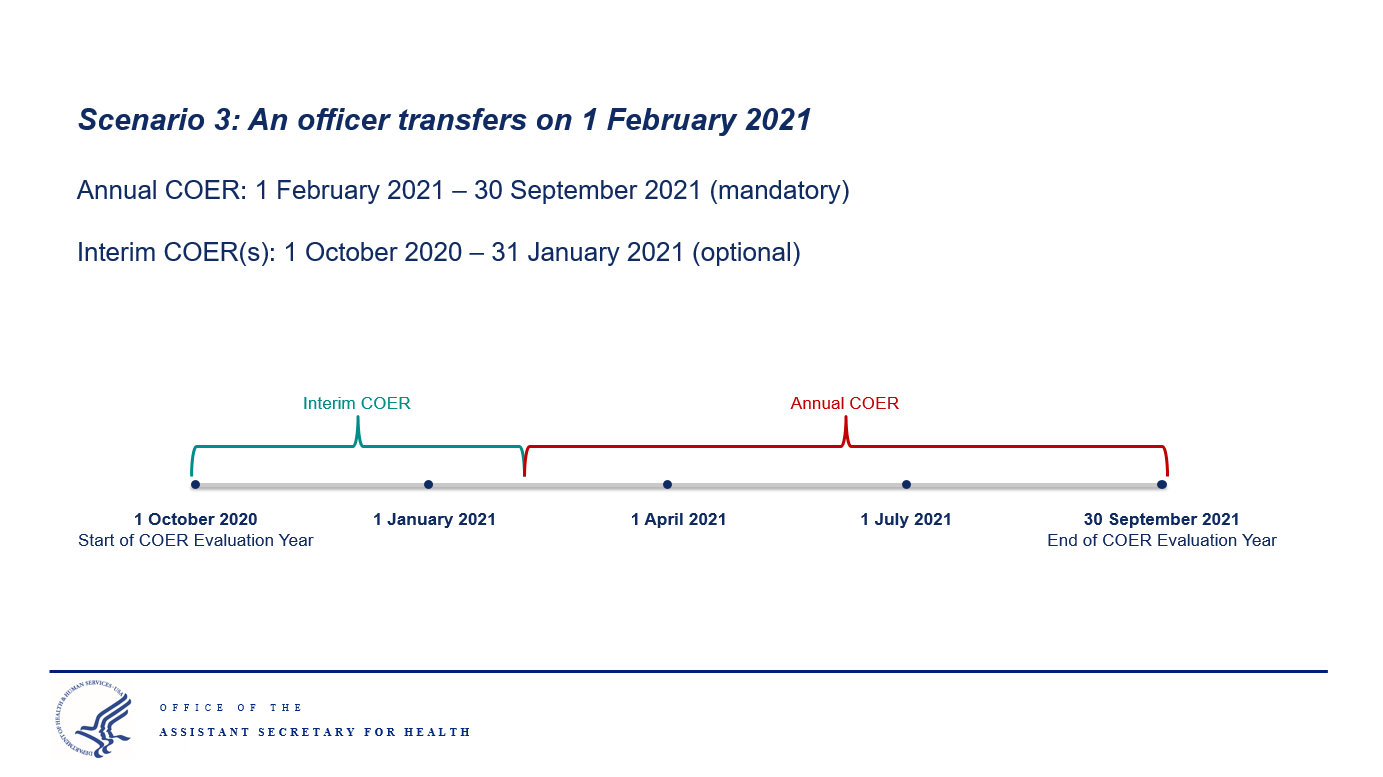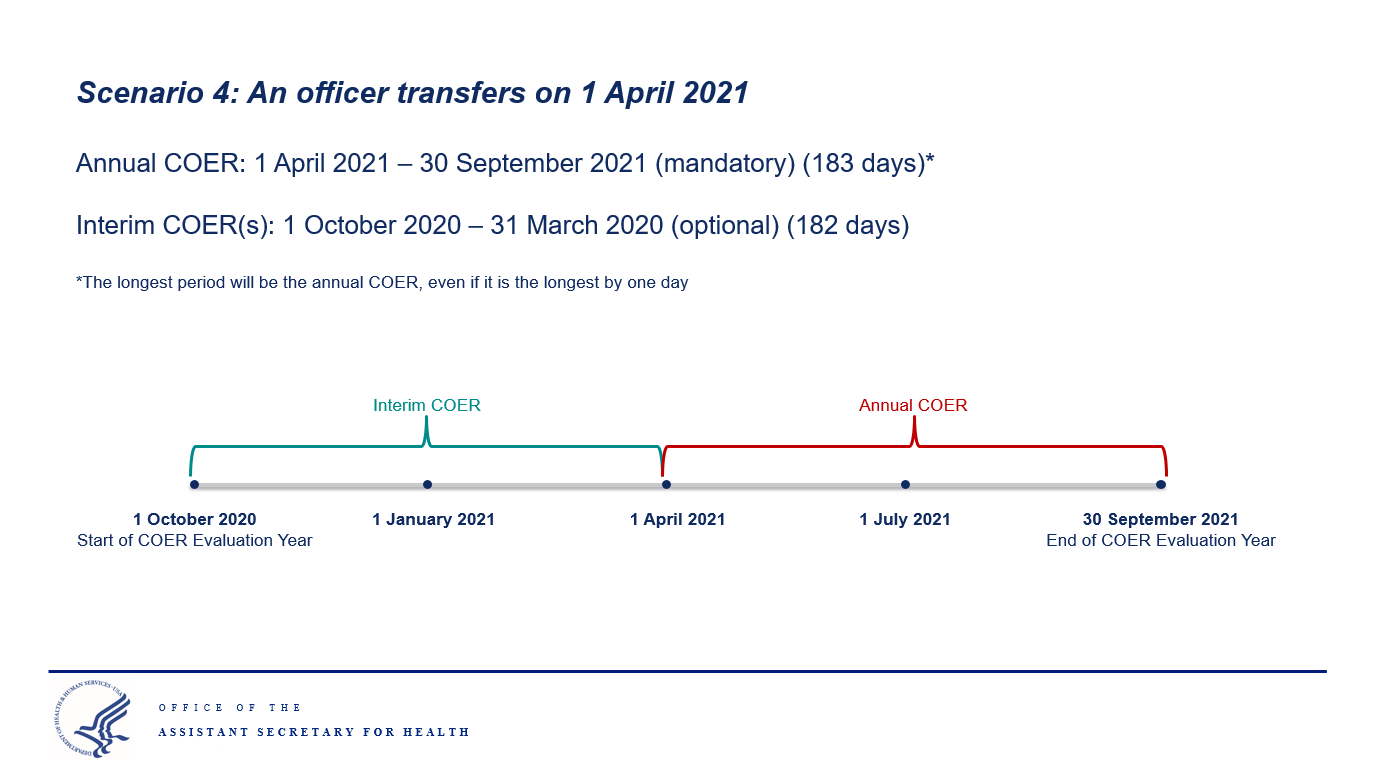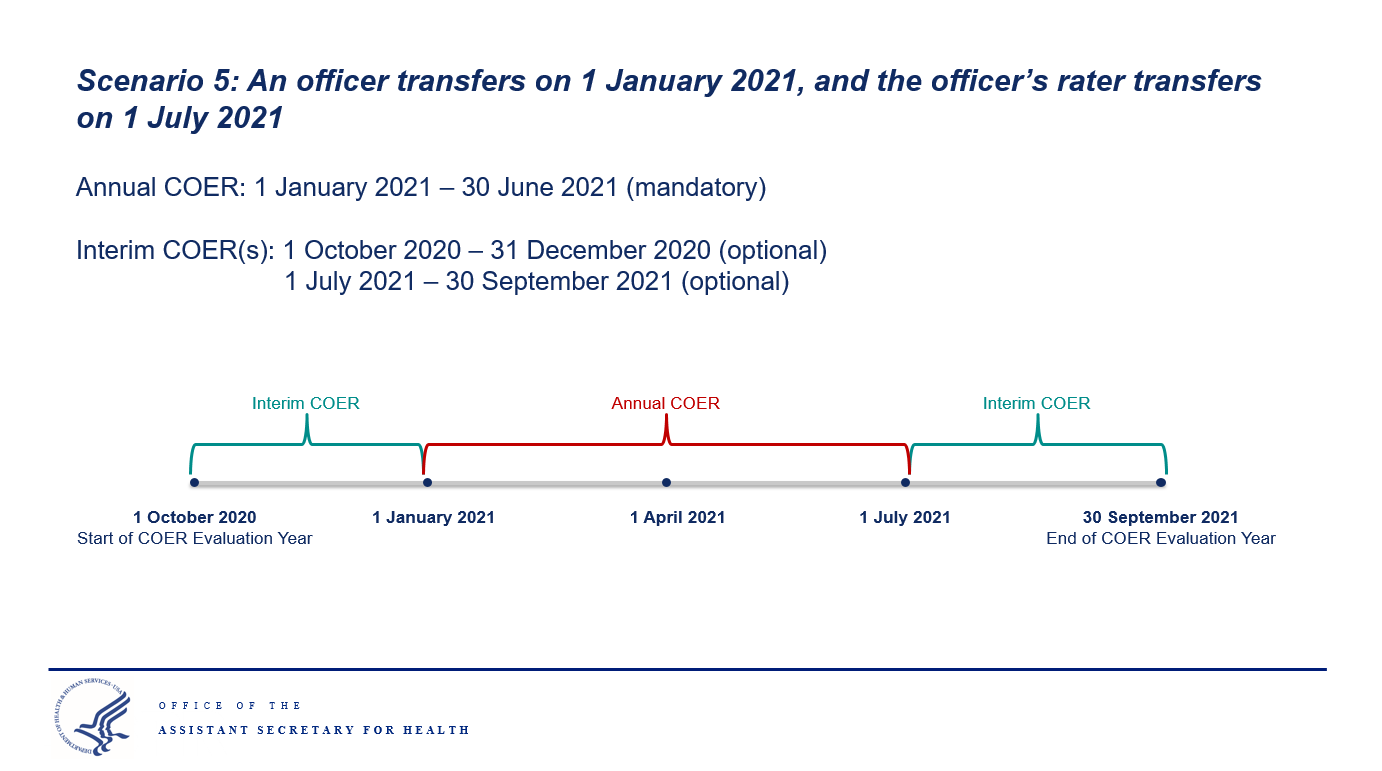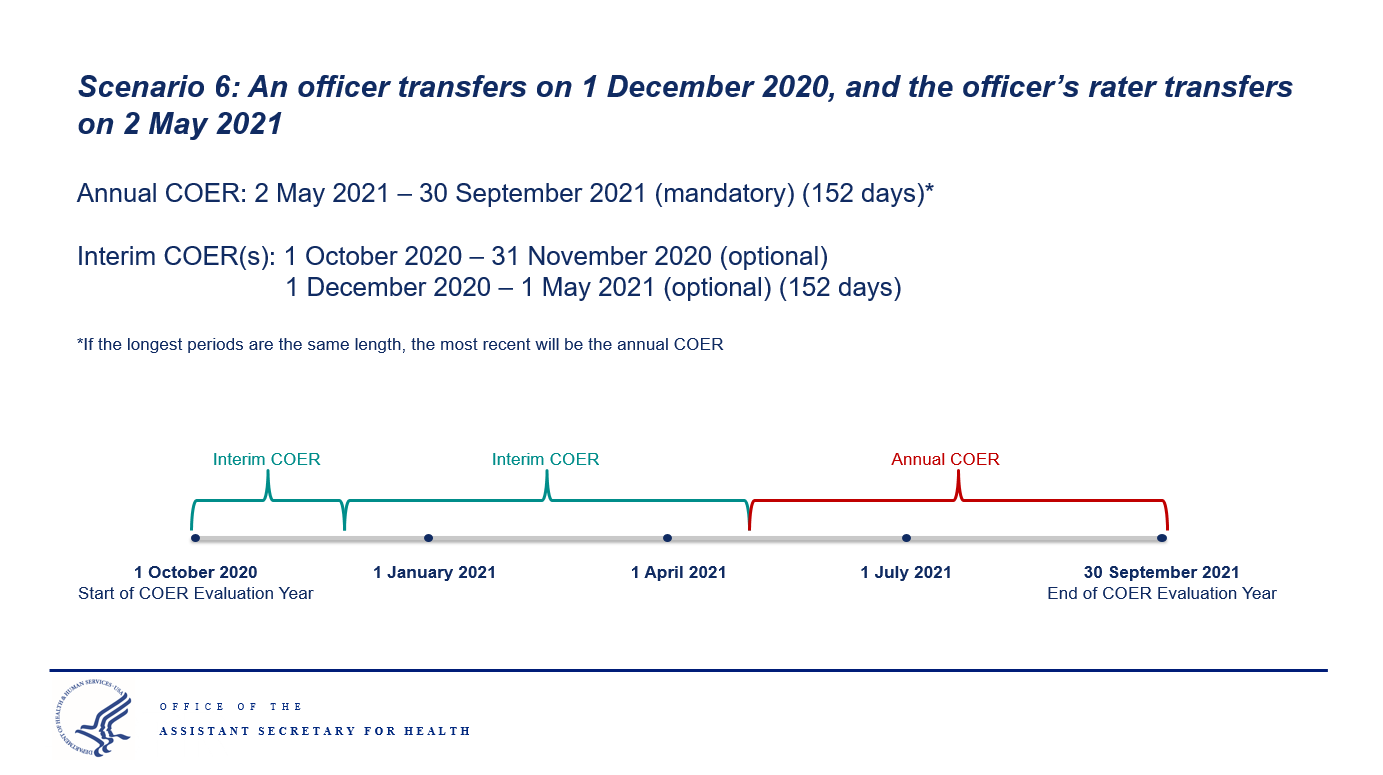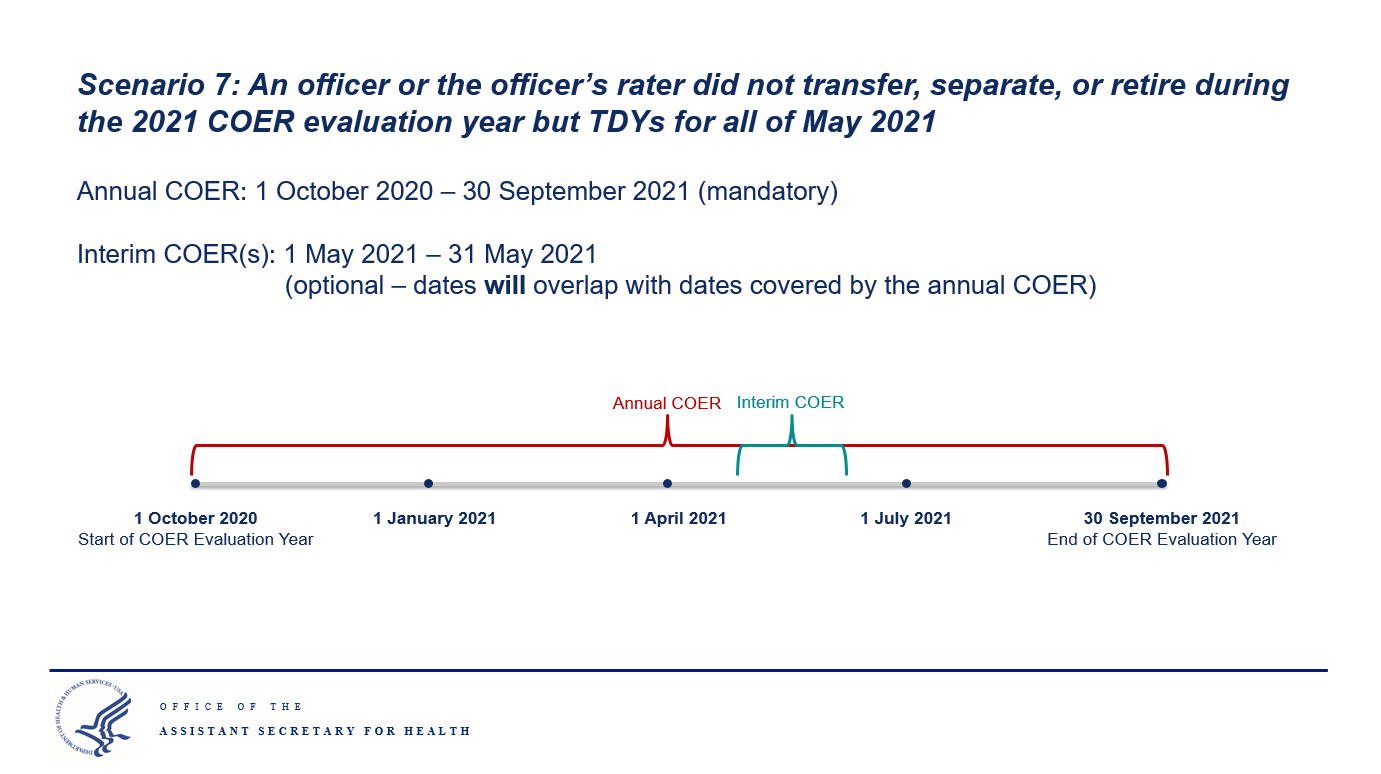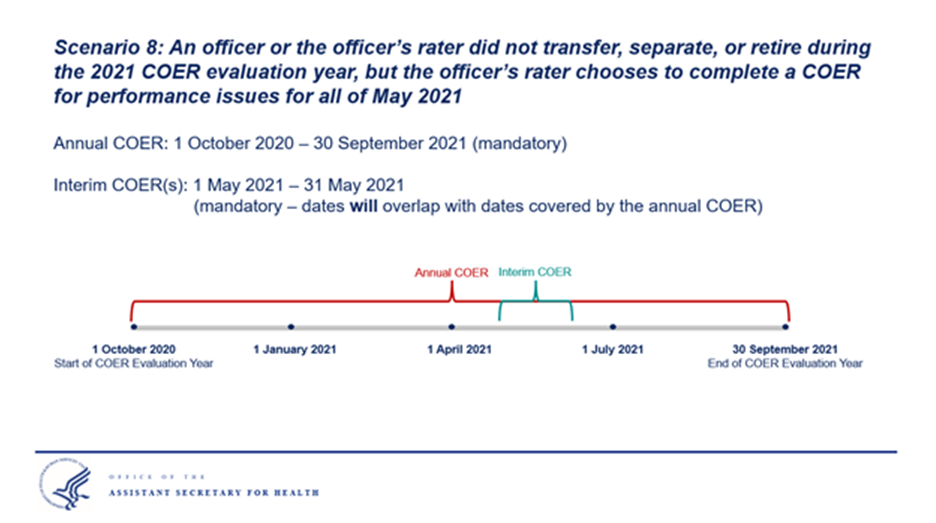-
- About ASB Main Page
- Deployment Travel and Travel Readiness
- Frequently Asked Questions
- Government Travel Charge Card
- Household Goods Officers
- Important Regulation Changes
- Junior COSTEP Travel Information
- Links
- Official Travel Forms
- Permanent Change of Station (PCS)
- Servicemembers Civil Relief Act (SCRA)
- Table of Frequently Used Acronyms
- Temporary Duty Assignments (TDY)
- Transportation
- Travel and Transportation
- Travel and Transportation Allowances FAQ
- Travel and Transportation Entitlements Summary
- Travel, PCS and Transportation
- Important Regulation Changes
- Travel & Transportation Entitlements Summary
- Permanent Change of Station (PCS)
- Temporary Duty (TDY)
- Junior COSTEP Travel Information
- Official Travel Forms
- Household Goods Officers
- Transportation
- Government Travel Charge Card
- Table of Frequently Used Acronyms
- Servicemembers Civil Relief Act
- Links
- Travel and Transportation Allowances FAQ
- Personnel & Career Management
- Licenses and Transcripts
- Licensure Overview and FAQs
- Transcripts FAQs
- Leave
- eCORPS Information
- Officer Leave and Absence Request FAQ
- Practice Hours
- Practice Hours FAQs
- Practice Hours User Guide
- Practice Hours Opportunities
- Long Term Training
- Extramural and Intramural Training FAQs
- Training Forms
- About Policy
- Commissioned Corps Issuance System
- Commissioned Corps Legislative Liaison Program (CCLLP)
- Equal Opportunity
- Frequently Asked Questions
- Political Restrictions
- Promotion Ceremony Protocol (PDF, 126kb)
- SGHG Drill and Ceremonies Manual (PDF, 3.39mb)
- Uniform Specifications
- PHS Hard Shoulder Boards and Sleeve Insignia (Male and Female) (PDF, 828kb)
- PHS Soft Shoulder Marks (Unisex) (PDF, 324kb)
- Physical Training Uniform (PTU)
- Deployment Information
- Operations and Deployment
- On-Call Schedule
- Deployment Awards
- Other Resources
- About the Training Branch
- Training Dates
- Career Pathways
- Webinars
- Career Development Trainings
- Officer Basic Course (OBC)
- Officer Intermediate Course (OIC)
- Preparedness Trainings
- Military Facility Annual Training (MFAT)
- Partner Trainings
- Army War College (AWC)
- Interagency Institute for Federal Health Care Executes (IAI)
- Capstone Leadership, Education, Analysis, Development, Sustainment (LEADS)/Joint Medical Executive Skills Institute (JMESI) Course
- Command and General Staff Officer Course (CGSOC)
- Defense Advanced Research Project Agency (DARPA)
- Joint Medical Executive Skills Institute (JMESI) Intermediate Executive Skills (IES)
- Office of National Drug Control (ONDCP)
The USPHS Commissioned Corps is committed to our mission to protect, promote, and advance the health and safety of the nation. Public Health Service officers are trained and equipped to provide crucial public health leadership, assist with policy development, advance innovation and science, provide essential care services and respond to national and global public health emergencies. Through our Active Duty Regular Corps, our Public Health Response Strike Team (PHERST) and our Ready Reserve Corps, we remain responsive and available to rapidly deploy in the service of health.
-
COER Policy FAQs Commissioned Corp Instruction (CCI) 351.01 The COER evaluation year begins 1 October and runs through 30 September of the following calendar year. The 2024 evaluation year runs from 1 October 2023 to 30 September 2024.
There are only two COER types - Annual and Interim. All officers must complete an Annual COER each year (with exceptions as specified in the CCI). (See Section 6-8.c. and d.)
Officers must complete at least one Annual COER each year (with exceptions as specified in the CCI). Most officers complete an End of Year COER covering the entire evaluation year (which ends on 30 September). Frequent purposes for completing COERs are a Transfer (of the Rater or Officer), Retirement (of the Rater or Officer), Deployment, or a temporary duty (TDY). (See Section 6-8.d.)
Yes. All members of the Regular Corps and the Ready Reserve Corps must have an Annual COER for each Evaluation Year (except for those exempt according to CCI 351.01 Section 6-3.).
No. Interim COERs are optional unless an officer's Rater requires a COER for the officer. If this occurs, the Interim COER is mandatory. (See CCI 351.01, Section 6-8.d.).
No. However, your Rater may still require you to complete one or you may choose to complete a COER.
Example: Evaluation Year 2025 is October 1, 2024 - September 30, 2025. An officer's effective retirement date is July 1, 2025. Officer is not required to perform a COER for Evaluation year 2025.Yes.
Example: Evaluation Year 2025 is October 1, 2024 - September 30, 2025. An officer's Terminal Leave date begins September 1, 2025 and their effective retirement date is November 1, 2025. An officer must complete a COER for Evaluation Year 2025. The Rater for that Annual COER will be the supervisor who supervised the officer the longest from October 1, 2024 - August 31, 2025 (the day before terminal leave began).It depends on the effective date of the separation and/or start of terminal leave.
Officers who separate prior or commence continuous terminal leave prior to or on April 1 of the Evaluation Year are not required to complete a COER. However, your Rater may still require you to complete one or you may choose to complete a COER.Officers whose separation date occurs or who commence continuous terminal leave after April 1, must complete a COER for that Evaluation Year. The end date of your last COER will be the last day you worked before you separated or began terminal leave.
Officers will not be penalized for sick leave for an extended period of time.
In cases where an officer had more than one Rater and was on sick leave for an extended period of time, the Rater who supervised the officer the most time while not on sick leave will complete the Evaluation Year’s Annual COER
All COER types may be initiated up to one month before the “end date” of your COER.
All COERs for the Evaluation Year need to be completed and in the eOPF by January 15th following the Evaluation Year.
An officer may only have one Annual COER per Evaluation Year. However, it is possible to have multiple Interim COERs in one Evaluation Year due to rater changes or other events such as TDY, detail, or deployment.
If the officer does not have a period of evaluation by one rater that is greater than 6 months, the rater that supervised the officer for the longest period of time will complete Annual COER (even if it is the longest period by just one day). If all the Raters supervised the officer for the same length of time, the Rater who supervised the officer most recently will be the Annual COER.
Make every effort to complete the COER before the deadline. If it is not possible, contact your Liaison as soon as possible so they are aware of the problem.
If you were called to active duty after 1 April, you are not required to complete an Annual COER for that Evaluation Year. For example, if you were called to active duty 10 April 2024, you are not required to complete an Annual COER for the 2024 Evaluation Year. You may complete an Interim COER for this period. Additionally, if your rater initiates an Interim COER for this period, it is mandatory.
Missing COERs will delay or block promotions, appointment board nominations, awards, and initiating special pays. Missing COERs may also potentially affect your retention in the Commissioned Corps.
COER Scenarios Last Updated: 04/30/2025
-
USER ASSISTANCE
Please check our Frequently Asked Questions (FAQs) . FAQs are located at the top of the page next to the search function.
Having Access Issues or Need IT Help? Please contact the Commissioned Corps Helpdesk at: CCHelpDesk@hhs.gov
COMMISSIONED CORPS NEWS
Officer Spotlight September 2025
Officer Spotlight
Practice Hours Opportunities
Practice Hours Opportunities
2023 Temporary Grade Promotions
CC News Announcement 2023 Temporary Grade Promotions
Changes in Tattoo Policy in CCI 412.01, Uniforms and Appearance
Changes in Tattoo Policy in CCI 412.01, Uniforms and Appearance
Surgeon General Priorities
Surgeon General Priorities
January 2021: United States Public Health Commissioned Corps Doctrine
The link above will take you to the Noncompetitive Promotion Roster for Promotion Year 2020.
FAQs Practice Hours and Special Pay Changes
This is first in a series of FAQs, more FAQs will be forthcoming on Practice Hours and Special Pays.
Coronavirus Disease 2019 (COVID-19) Mission - Deployments Readiness Updates
As we position ourselves to assist with controlling the spread of the Coronavirus Disease 2019 (COVID-19), please note that we’re in an “all-hands on deck” status. Messaging has gone out from the Assistant Secretary for Health reminding Commissioned Corps officers of their deployment responsibilities...
Protecting, Promoting and Advancing the Health and Safety of Our Nation. Commissioned Corps Headquarters
1101 Wootton Parkway, Suite 300
Rockville, MD. 20852
240-453-6000-
COMMISSIONED CORPS- Home
- Contact Us
- About Us
- Site Map
-
U.S. DEPARTMENT OF
HEALTH AND HUMAN SERVICES- HHS Home
- Office of Assistant Secretary for Health
- Office of the Surgeon General
- USPHS.gov
-
U.S. GOVERNMENT- The White House
- USA.gov
- USAJOBS.gov
- DATA.gov
-
ADDITIONAL INFORMATION- Plain Writing Act
- Accessibility
- Privacy Notice
- Freedom of Information Act
- Disclaimers
- Vulnerability Disclosure Policy

-
COMMISSIONED CORPS OF THE
U.S. PUBLIC HEALTH SERVICE® - CCMIS
